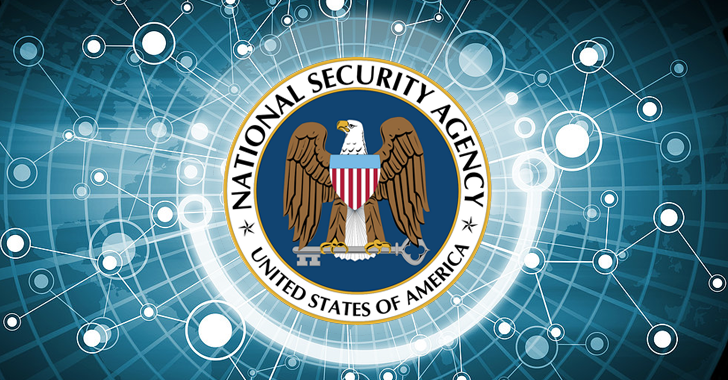Parece que Mark Zuckerberg é realmente paranoico com o seu notebook
Ontem, publicamos uma notícia informando que sim, alguém pode estar lhe vigiando por meio da webcam no seu notebook ou computador. Até pode parecer algo irrelevante para você, mas até o diretor do FBI é preocupado com isso e resolveu colar um pedaço de papel na lente da câmera. Agora, por causa de uma foto, descobrimos que outra pessoa também é paranoica em relação à vigilância de webcams: Mark Zuckerberg, o CEO do Facebook.
Para celebrar os 500 milhões de usuários ativos no Instagram, Zuckerberg postou uma foto na qual é possível enxergar o seu notebook de trabalho. E quão incrível é notar que a webcam e o microfone do laptop estão cobertos com adesivos? Muito, principalmente por causa da ironia.
A ironia aparece porque Mark Zuckerberg é o CEO de uma das plataformas que mais coletam dados de usuários. São bilhões de informações pessoais, como nomes, sobrenomes, endereços, números de cartão, fotos, arquivos etc., angariadas pela rede social. E, mesmo assim, apenas uma foto provou que o próprio homem tem medo de ser espionado.
Veja a foto original:
 Zuckerberg felizão da vida
Zuckerberg felizão da vida
Agora, preste atenção nas indicações:
 Zuckerberg preocupadão
Zuckerberg preocupadão
Invadir é fácil
Recentemente, quem resolveu tocar neste assunto delicado — a maneira como somos observados na internet — foi o pessoal da ONG Safernet.
"Qualquer câmera num dispositivo com acesso à internet é vulnerável; o que muda é o grau de complexidade da invasão", comentou Thiago Tavares, presidente da Safernet, à Folha de S. Paulo. A companhia recebe denúncia de crimes cibernéticos, o que confere respaldo suficiente para Tavares indicar precisamente o que acontece.
Para acessar a notícia completa, clique aqui. Por lá, você também encontra mais dicas sobre como se proteger de arquivos maliciosos e crackers na internet.






